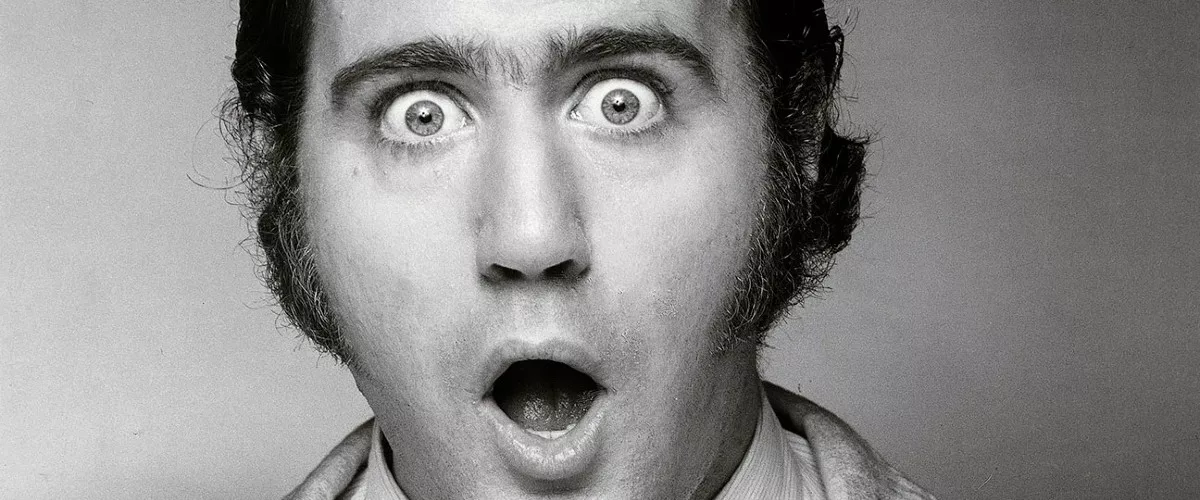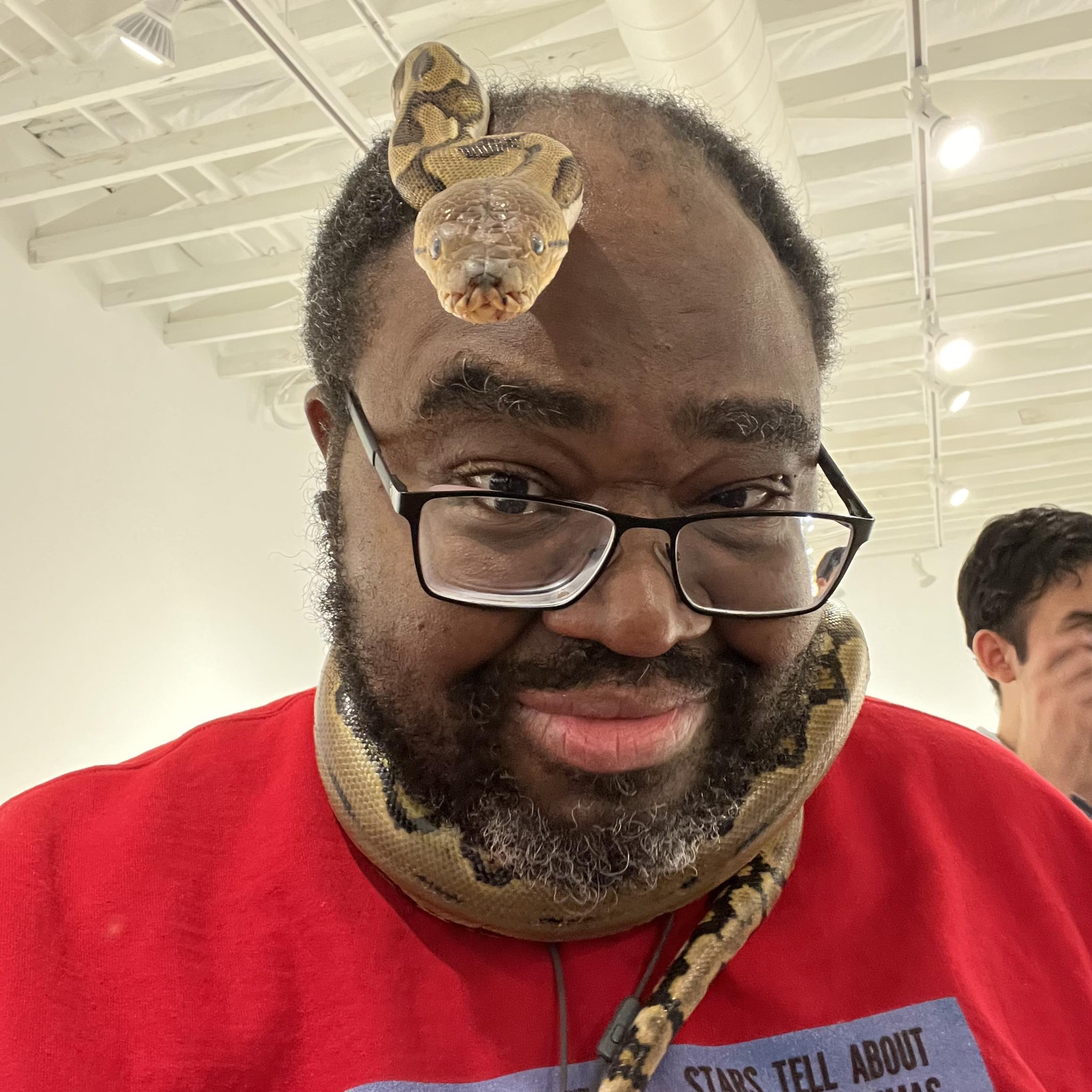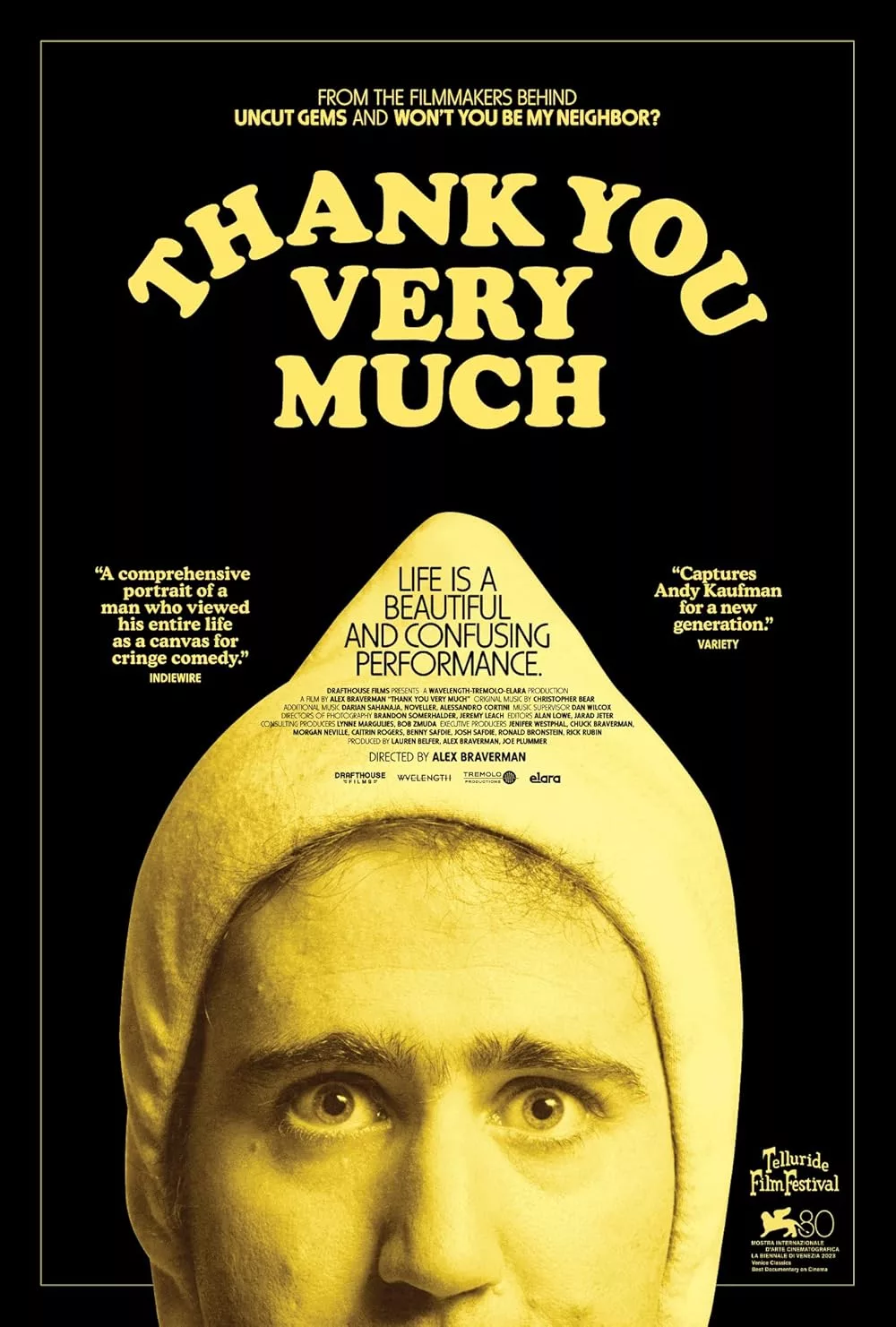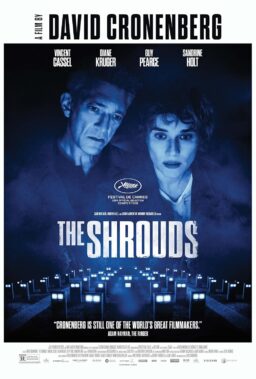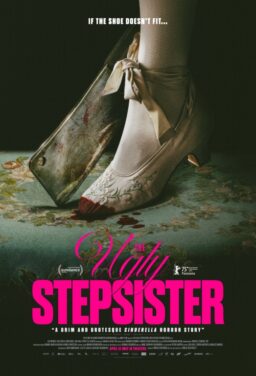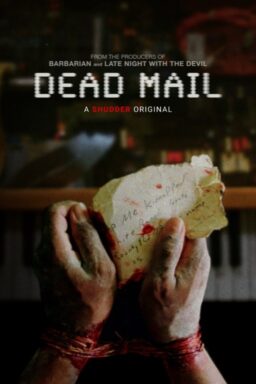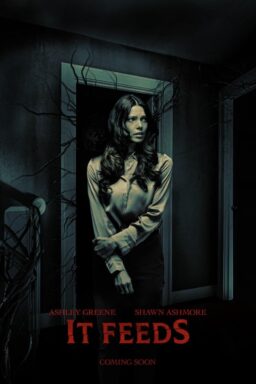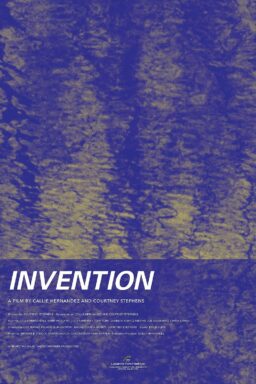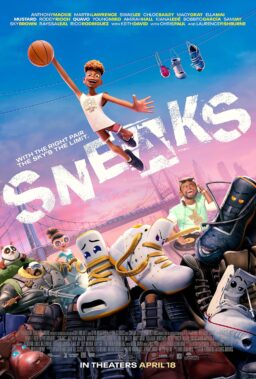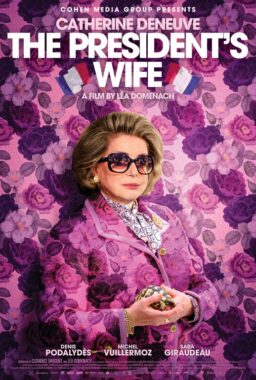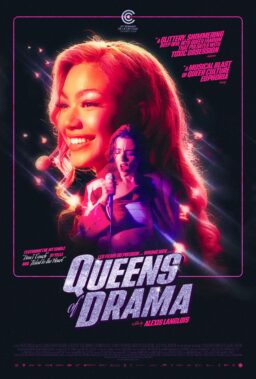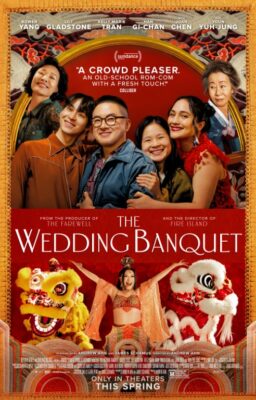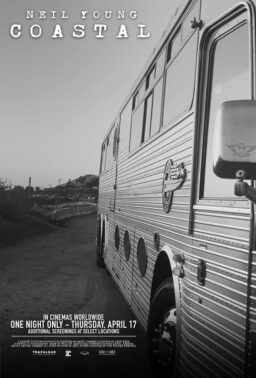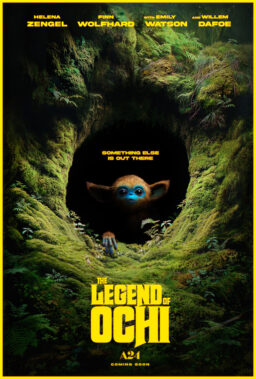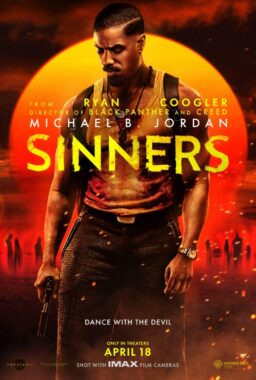At this point, releasing a documentary about Andy Kaufman seems unnecessary.
Books have already been written about the entertainer who—depending on who you talk to—may or may not have died of cancer in 1984. 26 years ago, Jim Carrey went all method and “became” Kaufman for the Milos Forman biopic “Man on the Moon.” (Carrey would later appear in the Netflix doc “Jim and Andy: The Great Beyond,” where he revisited the long-shelved BTS footage of the dickish acts he pulled on set as Andy.)
Kaufman has already been immortalized as the godfather of alt-/anti-comedy, an enigmatic, merry prankster who lived to baffle and/or infuriate audiences. Considering how so much of contemporary comedy has been inspired by his unpredictable, often uncomfortable shenanigans—stand-up specials where comedians are more experimental than jokey (see anything Bo Burnham or Maria Bamford has ever done); the absurdist agitators over at Adult Swim (especially Tim & Eric and Eric Andre); whatever John Mulaney is doing at Netflix these days—I thought we collectively accepted that Kaufman was a weird-ass trailblazer whose oddball genius can never be explained.
So, here comes “Thank You Very Much” trying to explain it. Finally getting rolled out after premiering at the Venice Film Festival two years ago (you’d think the collection of exec producers alone—Josh and Benny Safdie, Rick Rubin, veteran documentarian/Steve Martin chronicler Morgan Neville—would’ve had distributors champing at the bit to immediately drop this), “Thank You Very Much” is all about taking a deep dive into the Kaufman mythos and coming up with the alleged method to his madness.
The story goes that director Alex Braverman, whose father produced Kaufman’s 1979 Carnegie Hall special, had some unseen archival material of Kaufman, which motivated him to get a documentary going. Along with home movies and recorded phone convos (where Kaufman actually talked about faking his own death), we also get a barrage of video clips from past TV performances.
Braverman appears to get an excitable kick out of cutting and stacking this throwback footage, from his career-launching Saturday Night Live appearances to a talk-show clip on him banging on cymbals and performing “You’ll Never Walk Alone,” getting stares out of guests Carol Channing and Robert Goulet. It’s as though Braverman is insisting that Kaufman was just as much a boob-tube innovator as a comic non-conformist, carrying the mischievous-media mantle fellow gone-too-soon funnyman Ernie Kovacs dropped in the ‘60s and becoming even more of a small-screen menace in the ‘70s and ‘80s.
As this doc posits, even his most antagonistic bits contained some socio-cultural heft. His very divisive phase when he went heel and started wrestling ladies is presented as Kaufman playing the role of angry, entitled white guy, buffoonishly retaliating at ladies during the rise of women’s lib. It’s implied that the wrestling angle was inspired by his grandmother’s love for the sport, but it’s eventually revealed why he really pulled these sexist stunts: it was a surefire way to pick up the women he was competing against.
She wasn’t the only elder relative who had an impact on young Kaufman. He loved the hell out of his grandfather, whom he called “Papu” as a kid, But when his gramps passed away, his parents told him he’s just traveling. Supposedly, the rejection and embarrassment he received as a child led to him being a performer who trafficked in rejection and embarrassment. “There’d be no Andy Kaufman if it wasn’t for this,” confirms longtime friend/partner-in-crime Bob Zmuda.
Braverman rounds up loved ones, former co-stars (“Taxi” castmates Danny DeVito and Marilu Henner have their Latka Gravas stories) and fellow comrades in ‘70s comic anarchy (yes, Steve Martin appears in another Neville production) to provide memories and personal takes. With these myriad talking heads giving armchair analysis of what made Kaufman tick, “Thank You Very Much” seems like the sort of earnest hagiography a silly, social disruptor like Kaufman probably wouldn’t have dug.
Halfway through, I assumed the doc was pulling my leg. Much like when Martin Scorsese mixed fact and fiction for the Netflix doc “Rolling Thunder Revue: A Bob Dylan Story by Martin Scorsese” (about another iconoclast performer who preferred to keep audiences guessing), I started to think Braverman was possibly continuing Kaufman’s tradition of manipulating the audience, compiling a doc with remembrances and revelations that could be tall tales. When legendary performance artist Laurie Anderson pops up to talk about her days as Kaufman’s audience plant at club shows, the thought of these two notorious provocateurs in cahoots sounded too good to be true.
But, alas, it is true, as are a lot of things in “Thank You Very Much.” It’s very clear that Braverman has a lot of respect and reverence for his subject, and it’s worth a watch for those who are curious about this goofy guy who used to slap on a foreign accent and play with bongos & people’s perceptions. But fans who remember all the shit he pulled back in the day may end up asking the same question confused audiences asked whenever Kaufman did something: What the hell was the point of that?

